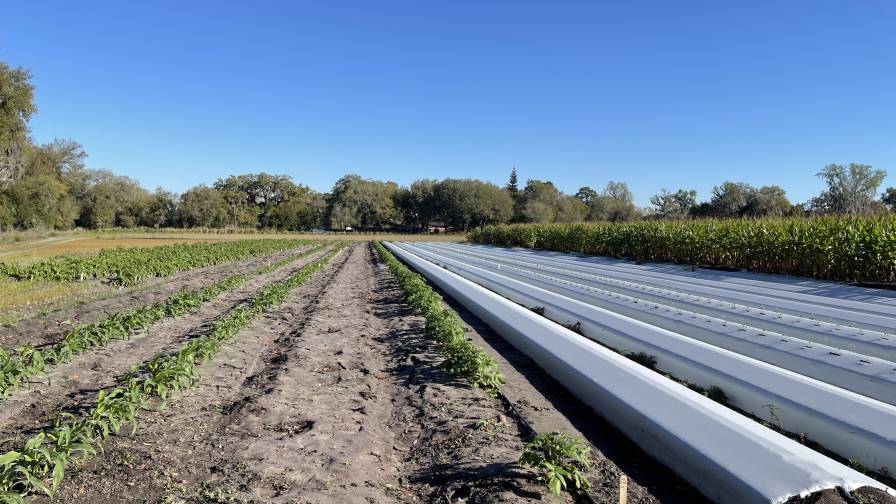EU Approves Biotech Maize Products
The European Commission has granted import, food, feed, and processing approvals for biotechnology maize products jointly developed by DuPont business Pioneer Hi-Bred and Dow AgroSciences LLC. Maize products containing the Herculex I insect protection and the Herculex RW trait stack (also known as 1507×59122 stack or as Herculex XTRA), and maize products containing the Herculex RW, Herculex I and Roundup Ready Corn 2 trait stack (also known as 59122x1507xNK603 stack) now are permitted for import into the European Union (EU).
"These approvals show promising movement in the EU for biotech approvals," says Pioneer Hi-Bred President Paul E. Schickler. "We are encouraged by these approvals and urge the Commission and EU Member States to similarly approve biotech crops for cultivation so Europe’s farmers have access to the same technologies as other farmers around the world."
Herculex RW contains the Bt trait (59122) to provide an environmentally improved means of protecting maize plants against attacks by the corn rootworm and reducing the need to use insecticides. Herculex I contains the Bt trait (1507) to provide protection against a broad spectrum of insect pests, including corn borer, black cutworm and fall armyworm. The Roundup Ready Corn 2 (NK603) gene for tolerance to glyphosate herbicide allows growers to effectively and efficiently control weeds in their fields, allowing the corn plants to achieve higher yields.
"These approvals tell us that the EU recognizes the extensive health and safety data supporting the use of these biotech products," says Dow AgroSciences’ President and CEO Antonio Galindez. "These authorizations are essential to ensuring that maize products can be freely traded and that the European livestock industry has continued access to the feed derived from them."
Maize products containing these traits (1507×59122 or 59122x1507xNK603) were assessed to be safe for use in food and feed by the EU’s own independent scientific authority, the European Food Safety Authority (EFSA), in April 2009, and already have been approved in nine countries around the world. These products now are authorized for import into the EU in accordance with EU regulations, including the appropriate labeling and traceability of the products.






